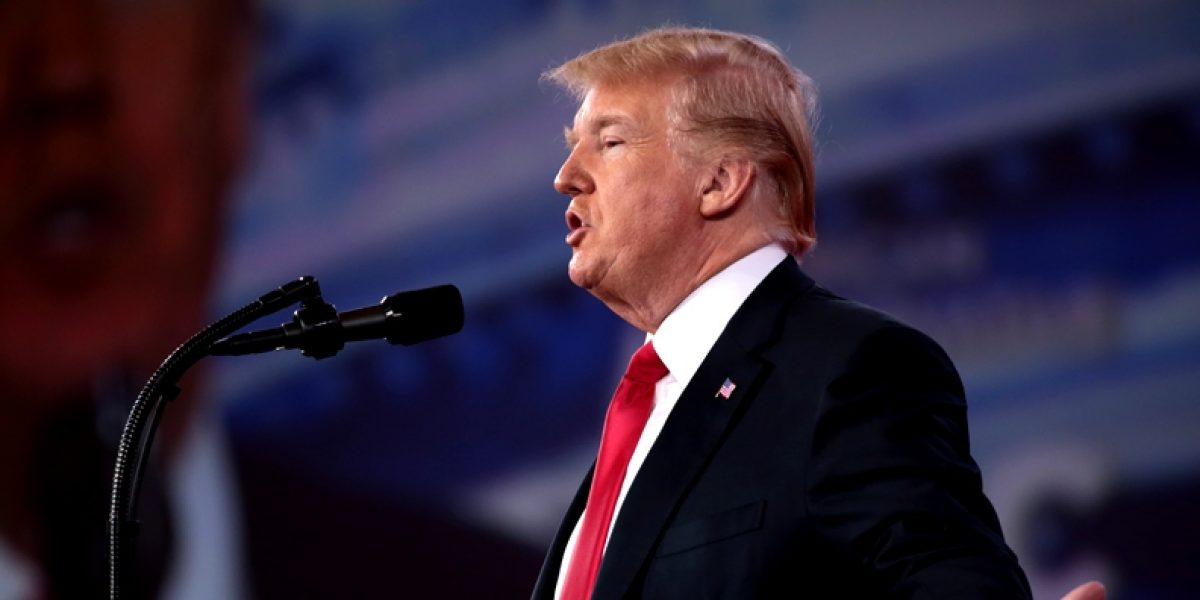Trump’s unilateral decision to withdraw from the 2015 Iran nuclear deal ignored the views and entreaties of America’s closest European allies, the repeated and uncontested findings of the International Atomic Energy Agency that Iran was abiding by the terms of the accord, the similar findings by US intelligence agencies and the advice of his own Secretary of Defense. It also provoked a rare public rebuke from his predecessor Barack Obama, who led the multilateral process that produced the accord.
In the aftermath of the president’s decision to exit from the Joint Comprehensive Plan of Action or JCPOA, as the nuclear accord is titled, all other countries face two dilemmas: how seriously does this decision affect their interests and what lessons does it offer them on how to deal with Trump in the future. What follows is an initial attempt to answer these questions primarily from an African and South African perspective.
The broader significance of Trump’s decision was indicated just prior to its announcement, on 8 May, when an international group of 29 leaders of the world’s most prominent think tanks, the Council of Councils, issued their latest report card on the current state of international cooperation and the 10 greatest dangers facing the world in the year ahead. They conclude that international cooperation has continued to deteriorate over the past year and merits a barely passable C- grade. As for global threats, the most urgent and alarming are the faltering international efforts to prevent nuclear proliferation and risks of a nuclear war, which they downgraded from a B- to D-.
No other weapons, of course, can destroy entire cities and pose greater threats to sustainable democracy, our global economy, world order and, ultimately, human civilisation. As a spokesperson for the New York Council on Foreign Relations noted, nuclear proliferation was voted the most important global priority, one where international cooperation has been poorest, and dead last in terms of likely breakthroughs in the year ahead. This also suggests dim prospects for a viable and fully verifiable deal resulting from Trump’s upcoming meeting with North Korean leader Kim Jong-un on 12 June.








